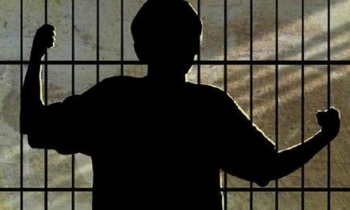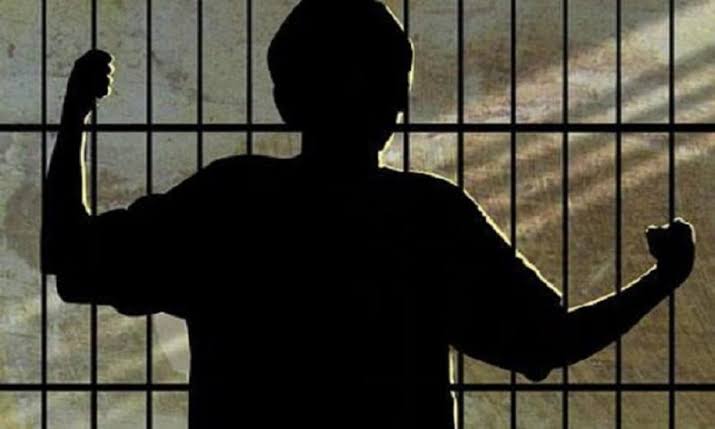
.png) Dr Suresh Mathew
Dr Suresh Mathew

We read with interest reports about teenagers in the US going on a shooting-spree. They are seen as blood-chilling incidents happening in some distant land. They are disregarded as the manifestation of loose western culture. Hardly ever we thought that a culture akin to it is in the making in India, contrary to the ethos we boast of. But, reports of teenagers going on killing-spree, emerging from various places in India, have come as a rude shock. Cases of youngsters hatching cold-blooded plots to commit gruesome acts of violence are hitting headlines routinely, shaking the complacent conscience of people.
It is not just a few cases like that of 20-year-old Shobit, found lying in a pool of blood in an upmarket apartment in Delhi, who was done to death apparently by another boy; teenager Khushboo was beheaded in Ranchi for spurning a lover; two minor boys in Pune killed their schoolmate, a Class 8 student; a group of Delhi teenagers beat a man to death with cricket stumps when he stopped them from playing cricket in front of his house; a minor smashed the head of another minor over an online game in Mangalore; a Jammu boy was killed by his peers over the now banned PUBG. Such incidents are becoming regular like similar gruesome crimes perpetrated by adults.
What is setting alarm bells ringing is that most of the crimes committed by teenagers have a treacherous link to money, drugs, sex and online games. These compelling cravings are intertwined beyond the control of impressionable minds. Unfortunately, most parents fail to see the criminal traits taking shape in their children’s minds. Caught in the web of these devious desires, the young minds go to any length to fulfill them. Help from dubious peers take them to the bottomless pit of crimes. Statistics confirm that juvenile delinquency has taken a dangerous shift with money and sex being the driving factors unlike earlier days when children indulged in petty crimes and street brawls. The figures in this regard are revealing – every year, as many as 42,000 cases are registered of children below the age of 18 killing, raping and stealing. Some of the perpetrators are below the age of 12.
Psychologists and experts attribute the rising criminal tendencies among teenagers to the breakdown in family relationships. Filial feelings at home, peer support from community, and a sense of solidarity given by religious, social and cultural institutions -- a source of comfort for the teenagers in times of trouble -- are slowly vanishing. The feeling of belonging is disappearing. The family environment has a lot to do with minors entering the world of crimes. Experts point out that normalizing violence at home often leads children on the same path with little fear. The problem is the surroundings in which one is growing up, not with the child. If the child is growing up in a culture of violence, chances are that he or she too would imbibe the same culture; in fact, they would be one step ahead on the path of gruesome activities. The solution to this lies with the family and the society. c